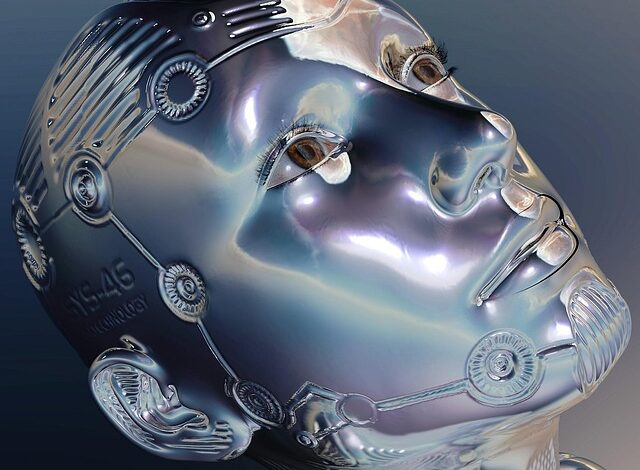The Future of Artificial Intelligence in Everyday Technology


Introduction
Artificial intelligence (AI) has been a hot topic in the technology world for years now, but its impact on everyday technology is just beginning to be felt. From virtual assistants like Siri and Alexa to self-driving cars and automated customer service, AI is revolutionizing the way we interact with our devices and the world around us.

Virtual Assistants
Virtual assistants have become a staple in many households, with devices like Amazon Echo and Google Home making it easy to access information and control smart home devices with just the sound of your voice. These assistants use AI algorithms to understand your commands and provide personalized responses, making them an indispensable tool for many users.

Self-Driving Cars
Self-driving cars are another example of AI technology that is changing the way we live and work. Companies like Tesla and Waymo are developing autonomous vehicles that can navigate city streets and highways without human intervention. These cars use AI to analyze their surroundings and make split-second decisions to avoid obstacles and reach their destination safely.

Automated Customer Service
AI is also revolutionizing the way businesses interact with their customers. Chatbots and virtual assistants are being used to provide instant customer support, answer common questions, and even make product recommendations based on customer preferences. This not only improves the customer experience but also reduces the workload for human customer service agents.

Healthcare
In the healthcare industry, AI is being used to analyze medical images, predict patient outcomes, and even assist in surgery. Machine learning algorithms can identify patterns in medical data that human doctors might miss, leading to earlier diagnoses and more effective treatments. AI-powered robots are also being developed to assist in surgeries, reducing the risk of human error and improving patient outcomes.

Education
In the field of education, AI technology is being used to personalize learning experiences for students. Adaptive learning platforms can assess a student’s strengths and weaknesses and tailor lessons to their individual needs. Virtual tutors and educational games are also being developed to help students learn in a more engaging and interactive way.

Conclusion
As AI technology continues to advance, its impact on everyday technology will only increase. From virtual assistants to self-driving cars to automated customer service, AI is revolutionizing the way we live and work. By embracing these advancements and finding ways to integrate them into our daily lives, we can harness the power of AI to make our lives easier, more efficient, and more enjoyable.

